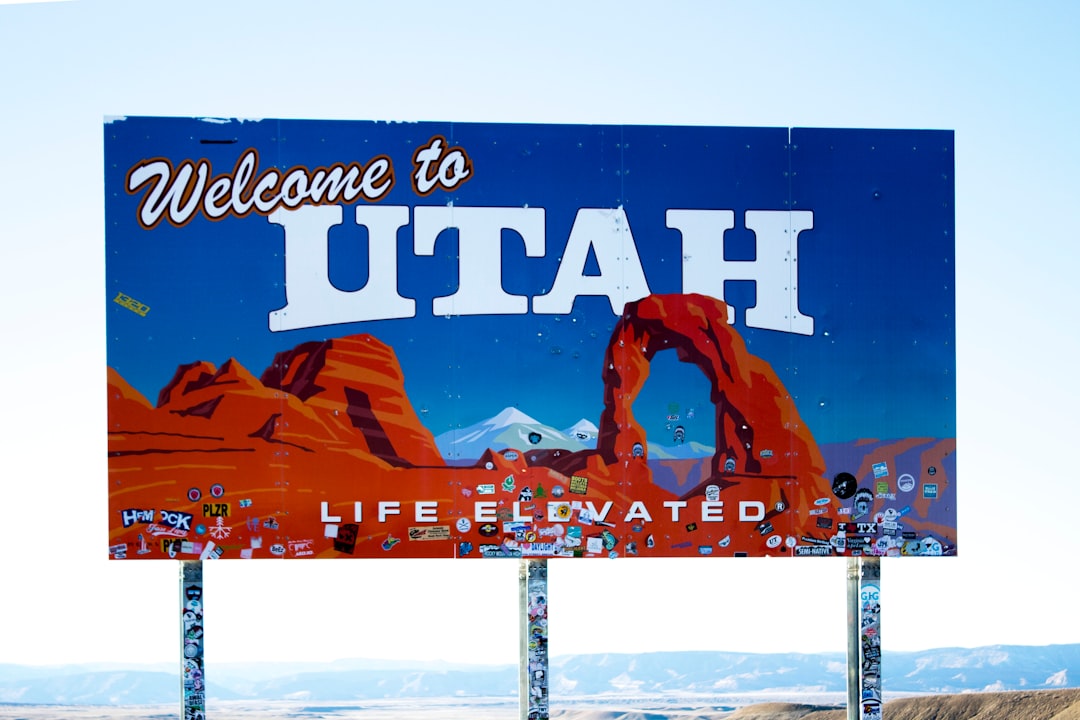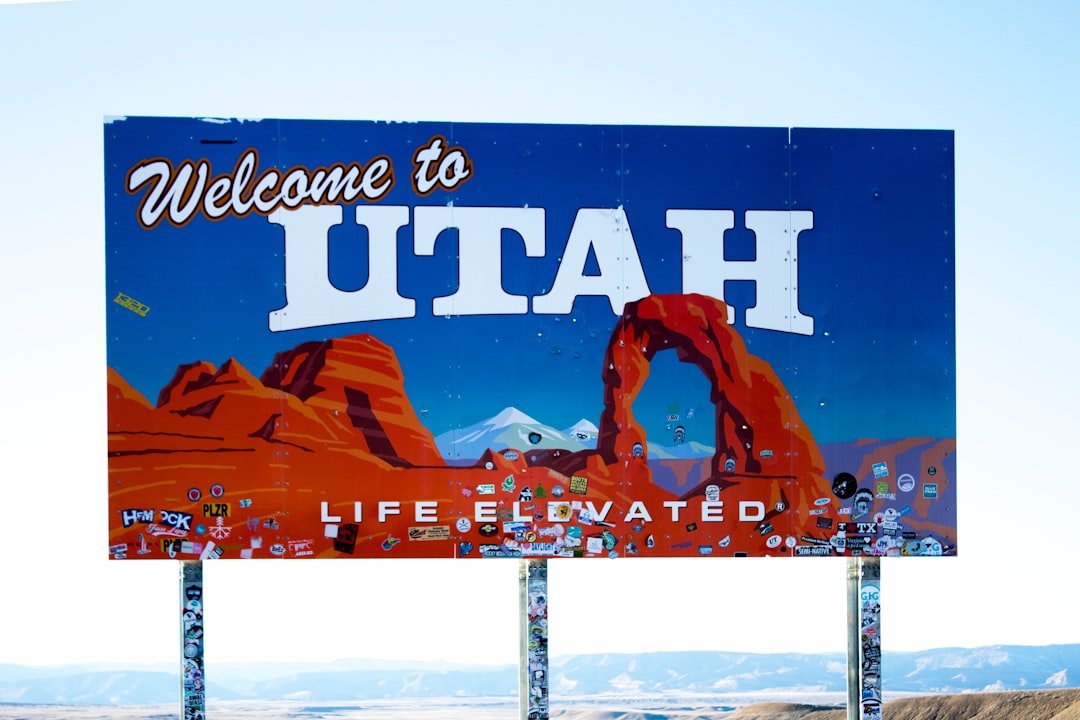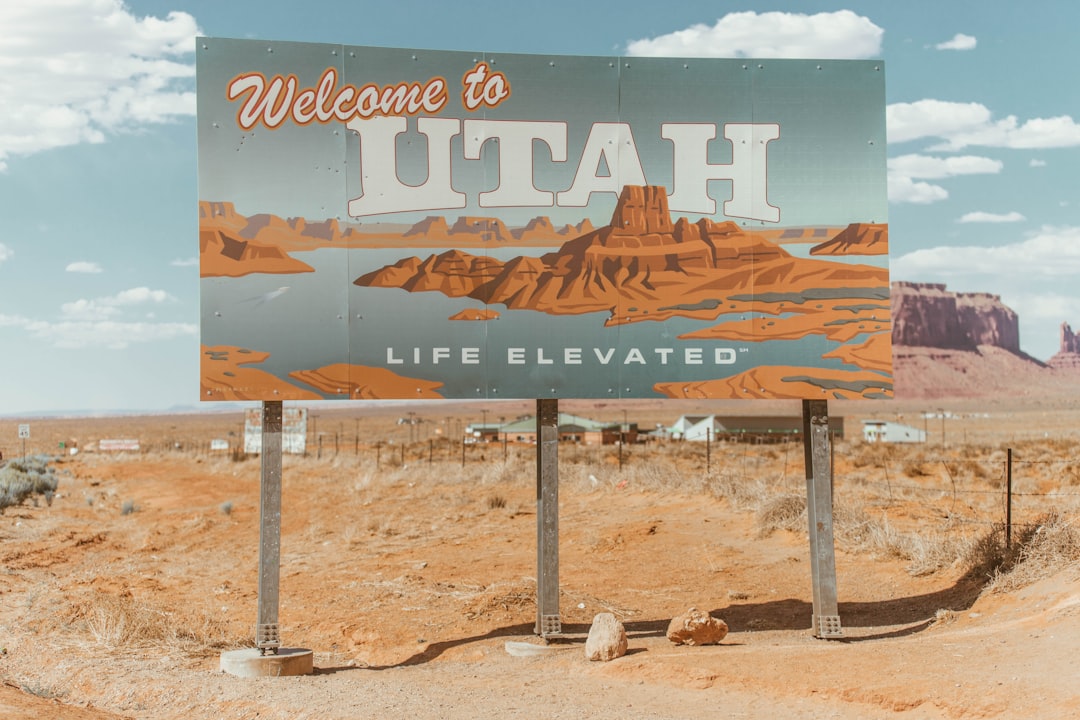In St. George, Utah, the "Do Not Call" list, administered by the Utah Department of Commerce, prevents unwanted telemarketing calls. Violations occur when businesses make unsolicited calls, leading to penalties and potential legal action. Individuals and businesses should consult a Do Not Call Lawyer Utah or Do Not Call Attorney Utah for guidance on navigating these regulations and addressing violations effectively.
In St. George, Utah, understanding the Do Not Call List regulations is crucial for businesses and individuals alike. This list, designed to protect consumers from unwanted telemarketing calls, carries significant legal weight. With penalties for violations reaching up to $10,000 per call, it’s essential to recognize what actions constitute a breach. This article guides you through the legal perspective, specific do’s and don’ts, and the steps taken when rules are broken, providing valuable insights for those seeking a `Do Not Call Lawyer Utah` or consulting with `Do not Call Attorneys Utah`.
Understanding the Do Not Call List in Utah: A Legal Perspective

In Utah, including St. George, the “Do Not Call” list is a registry designed to protect residents from unwanted telemarketing calls. This list is managed by the Utah Department of Commerce, Division of Consumer Protection. Understanding what constitutes a violation of this list is crucial for both consumers and businesses alike. Any call made to a listed number without prior express consent from the recipient is considered a breach of the Do Not Call regulations.
If you’re a resident of St. George who’s placed your number on the Do Not Call list, it’s important to know that only authorized personnel or organizations with your explicit permission can contact you. This includes legal professionals, such as do not call lawyers Utah or do not call attorneys Utah. Businesses violating these rules may face penalties and are required to cease calling within 30 days of receiving a complaint. For assistance navigating Do Not Call laws or if you believe your rights have been violated, consulting with a reputable do not call law firm Utah can provide guidance and representation.
What Activities Violate the List: Rights and Responsibilities

When it comes to the Do Not Call list in St. George, Utah, understanding what activities violate this registry is essential for both consumers and businesses alike. The primary purpose of this list is to protect residents from unsolicited telephone marketing calls, granting them the right to peace and quiet at home.
Any call initiated by a do not call registered individual or entity may be considered a violation. This includes but is not limited to sales calls, telemarketing, political campaigning, and even non-profit organizations seeking donations. Businesses and lawyers specializing in do not call law in Utah must adhere strictly to these guidelines, ensuring they obtain proper consent before contacting any number on the list. A do not call lawyer Utah or attorney can provide guidance to help businesses navigate these regulations and avoid potential legal repercussions.
Enforcing the Rules: Actions for Violations of the Do Not Call List

In St. George, Utah, enforcing the Do Not Call List regulations is a serious matter. If a business or individual ignores the list and makes unsolicited phone calls to registered numbers, it constitutes a violation. The state has put in place strict rules to protect residents from unwanted telemarketing calls, and penalties for violators can be severe. Those found guilty of breaking these laws may face fines, legal action, or both, depending on the severity of the infraction.
A Do Not Call Lawyer Utah or attorney specializing in this area can help individuals and businesses understand their rights and responsibilities under the list. If you’ve received unwanted calls from a company listed as prohibited, contacting a lawyer who handles Do Not Call cases in Utah is advisable. They can guide you through the process of filing a complaint, ensuring that your rights are protected, and potentially seeking legal recourse against the violators.






